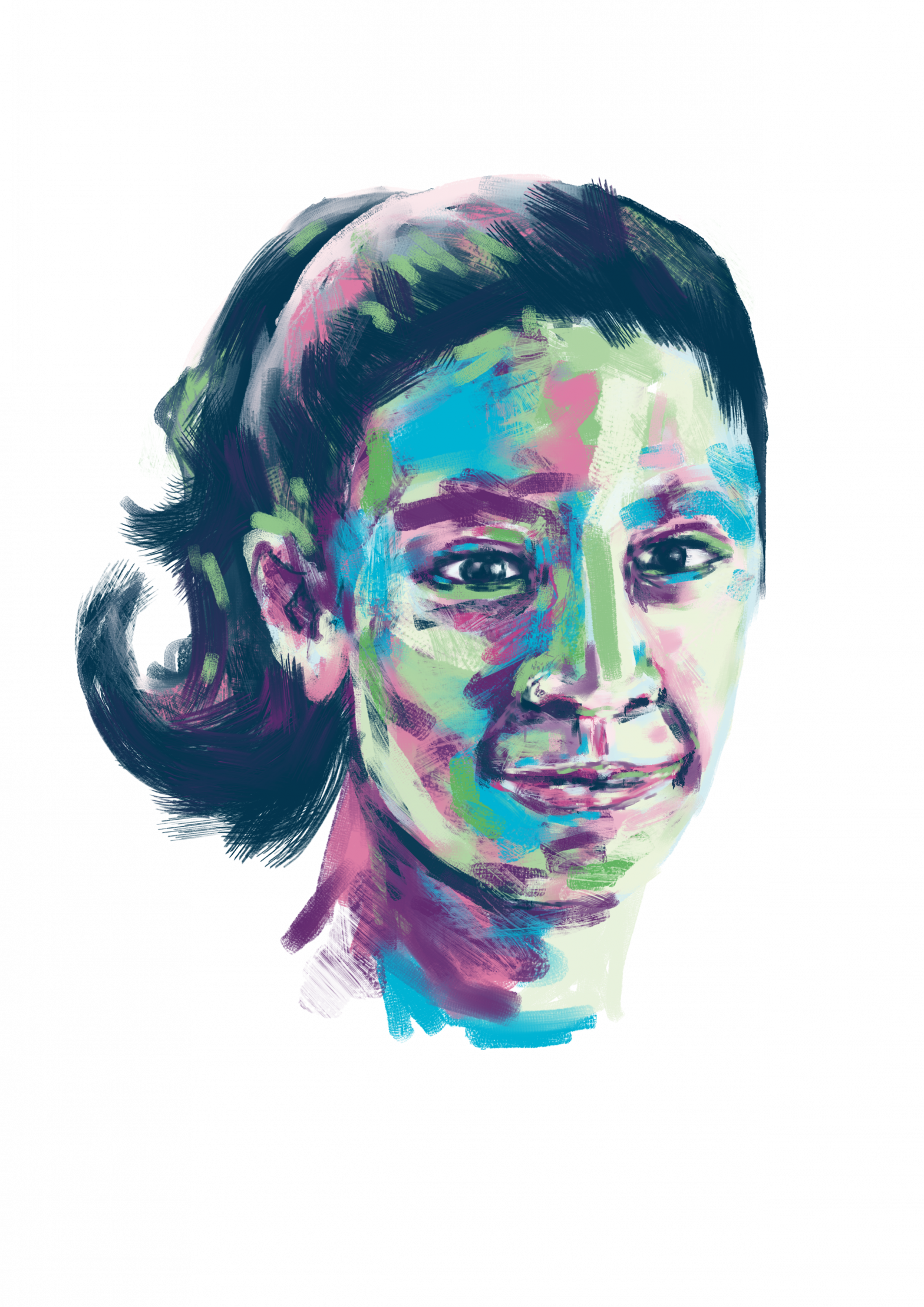As a child, Nitzia attended medical appointments for nine years across four different hospitals before she was finally diagnosed with Turner syndrome.
Turner syndrome is a rare chromosomal disorder that is notoriously difficult to diagnose because symptoms vary between patients and sometimes only emerge during puberty. It only affects females and occurs when genetic data is lost from the second X chromosome. Diagnosis is confirmed by running a blood test called a karyotype, and patients with Turner syndrome will show as having 45 chromosomes rather than the usual 46.
The two most common characteristics of Turner syndrome are stunted growth and underdeveloped ovaries. It can also cause a range of other symptoms, including thick neck tissue, low birth weight and problems with the heart and kidneys. Girls and women with Turner syndrome will need lifelong checks on their heart, kidneys and reproductive systems, but with the right support it is possible to experience a good quality of life.
Nitzia says, “My rare disease means completing several activities at the same time can sometimes be difficult. I love skating, swimming, playing with Barbie dolls, watching Sailor Moon movies and series and other comics. I enjoy going to the movies, playing with my dog Miztli or spending a day with my family at home. I love helping others, which is something that my rare disease has enabled me to do.”
Family is hugely important to Nitzia. Her mum goes with her to the medical appointments, and she speaks of her love for her parents and brother. When it comes to dealing with the effects the rare disease has on her daily life, Nitizia says, “We are united.”
Nitzia’s diagnosis was an essential step towards getting the right treatment. She now receives growth hormone treatment at the 20 de Noviembre hospital of the ISSSTE, where she can also access cardiology, ophthalmology, paediatric endocrinology, dermatology and psychiatry services as required.
Navigating the process of diagnosis can be difficult, and in Nitzia’s case the Federación Mexicana de Enfermedades Raras (FEMEXER)played a key role.
Nitzia’s mum says, “We are grateful to Pau Peña from FEMEXER and to her family, who accompanied us on this journey, because without them it would not have been possible to reach the diagnosis. They also helped us to find the specialists in the 20 de Noviembre hospital that Nitzia’s condition has required. And above all the attention and guidance of Pau Peña, to whom we are deeply grateful.”
Nitzia adds, “In the rare disease community, Pau has been the one who helped me with therapies and advice; she is very special to me, I love her very much.”
By connecting with others in the rare disease community, Nitzia’s family receive support from all over the world. Nitzia’s mum welcomes Rare Disease Day as an opportunity to “raise awareness and knowledge of rare diseases in the world in order to provide better care for patients and their families.” For Nitzia, being named a Rare Disease Day Hero has had a lasting positive impact. Her description of its importance is straightforward yet hugely powerful: “To make my story and my condition known. To make Turner syndrome known worldwide.”
